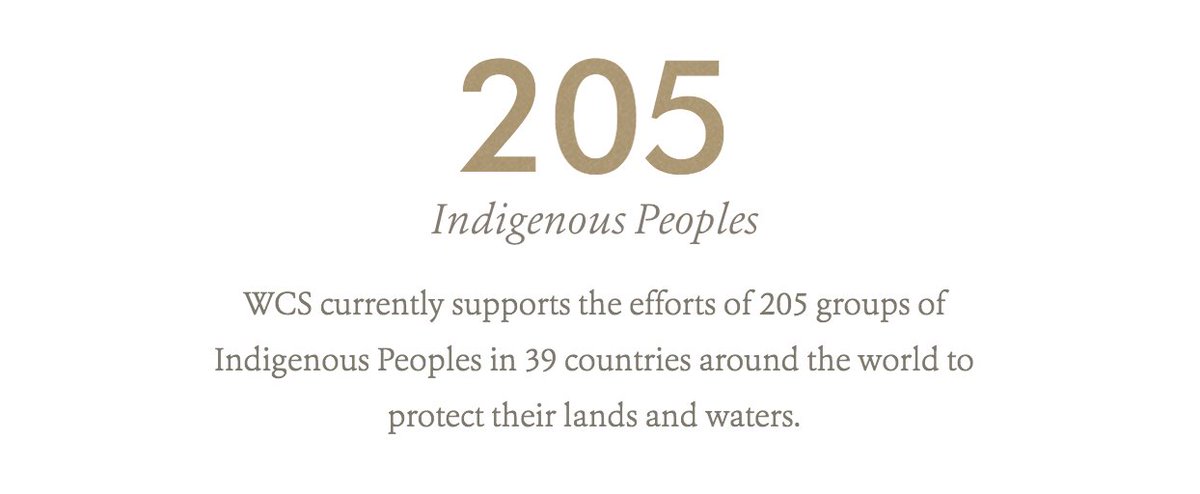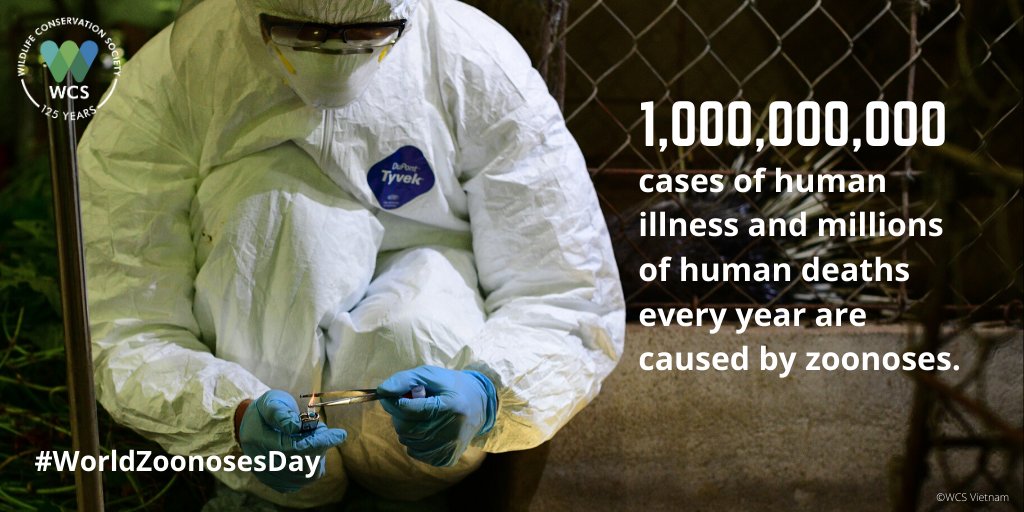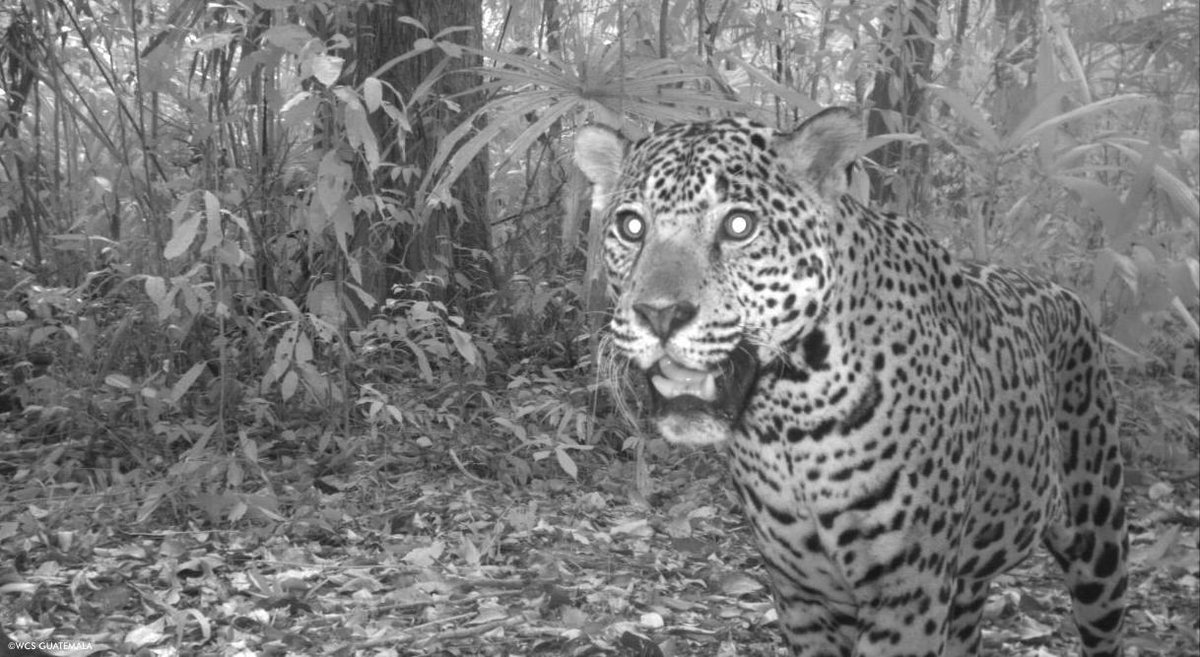How to get URL link on X (Twitter) App



 Since rabid domestic dogs are the cause of 99% of global deaths from rabies in humans, dog vaccination, coupled with education and control of feral dog populations, is the key to fighting this devastating disease. 2/
Since rabid domestic dogs are the cause of 99% of global deaths from rabies in humans, dog vaccination, coupled with education and control of feral dog populations, is the key to fighting this devastating disease. 2/

 At WCS, our policy recommends stopping all commercial trade in wildlife for human consumption (particularly of birds and mammals) and closing all such markets.
At WCS, our policy recommends stopping all commercial trade in wildlife for human consumption (particularly of birds and mammals) and closing all such markets. 





 A new infographic from WCS Tanzania team on how they are protecting elephants. @TimRBDavenport, @smarkestz
A new infographic from WCS Tanzania team on how they are protecting elephants. @TimRBDavenport, @smarkestz 


 Why? Conservation of reef #sharks is crucial. They are vital predators keeping important coral reef ecosystems in balance. (below from Belize)
Why? Conservation of reef #sharks is crucial. They are vital predators keeping important coral reef ecosystems in balance. (below from Belize)

 This success is largely due to support and commitment of local community partners.
This success is largely due to support and commitment of local community partners. 


 Between 1940 and 2004, more than 335 emerging infectious disease outbreaks, involving 183 distinct pathogens, were reported worldwide. More than 50 per decade.
Between 1940 and 2004, more than 335 emerging infectious disease outbreaks, involving 183 distinct pathogens, were reported worldwide. More than 50 per decade. 

 Majority of new infectious diseases are zoonotic, meaning they move between animals and people. Most of these since 1940s (like Ebola, HIV, and SARS) have come from wildlife.
Majority of new infectious diseases are zoonotic, meaning they move between animals and people. Most of these since 1940s (like Ebola, HIV, and SARS) have come from wildlife. 
 From Fiji: We must come together around a new vision for our ocean, says @smangubhai of @wcsfiji. The old norm does not work. "We see inequity widening all over the world." #WorldOceansDay2020
From Fiji: We must come together around a new vision for our ocean, says @smangubhai of @wcsfiji. The old norm does not work. "We see inequity widening all over the world." #WorldOceansDay2020

 Today, a new @TheWCS report shows the more we modify nature, the more likely we are to cause zoonotic spillovers.
Today, a new @TheWCS report shows the more we modify nature, the more likely we are to cause zoonotic spillovers. 

 Then on Jan 22, @TheWCS issued first statement on #COVID19: bit.ly/2W0FZgY
Then on Jan 22, @TheWCS issued first statement on #COVID19: bit.ly/2W0FZgY
 Spillovers like #COVID19 are likely to become regular occurrences unless we, as a world community, elect to change.
Spillovers like #COVID19 are likely to become regular occurrences unless we, as a world community, elect to change. 

 2. This young female was found with a bag stuck to her scales. The rescue team including @wcs_congo was able to remove it.
2. This young female was found with a bag stuck to her scales. The rescue team including @wcs_congo was able to remove it.

 Over the past 10 years, 380,000 acres of forest in the MBR have been recovered from ranchers illegally occupying land in the reserve.
Over the past 10 years, 380,000 acres of forest in the MBR have been recovered from ranchers illegally occupying land in the reserve.
